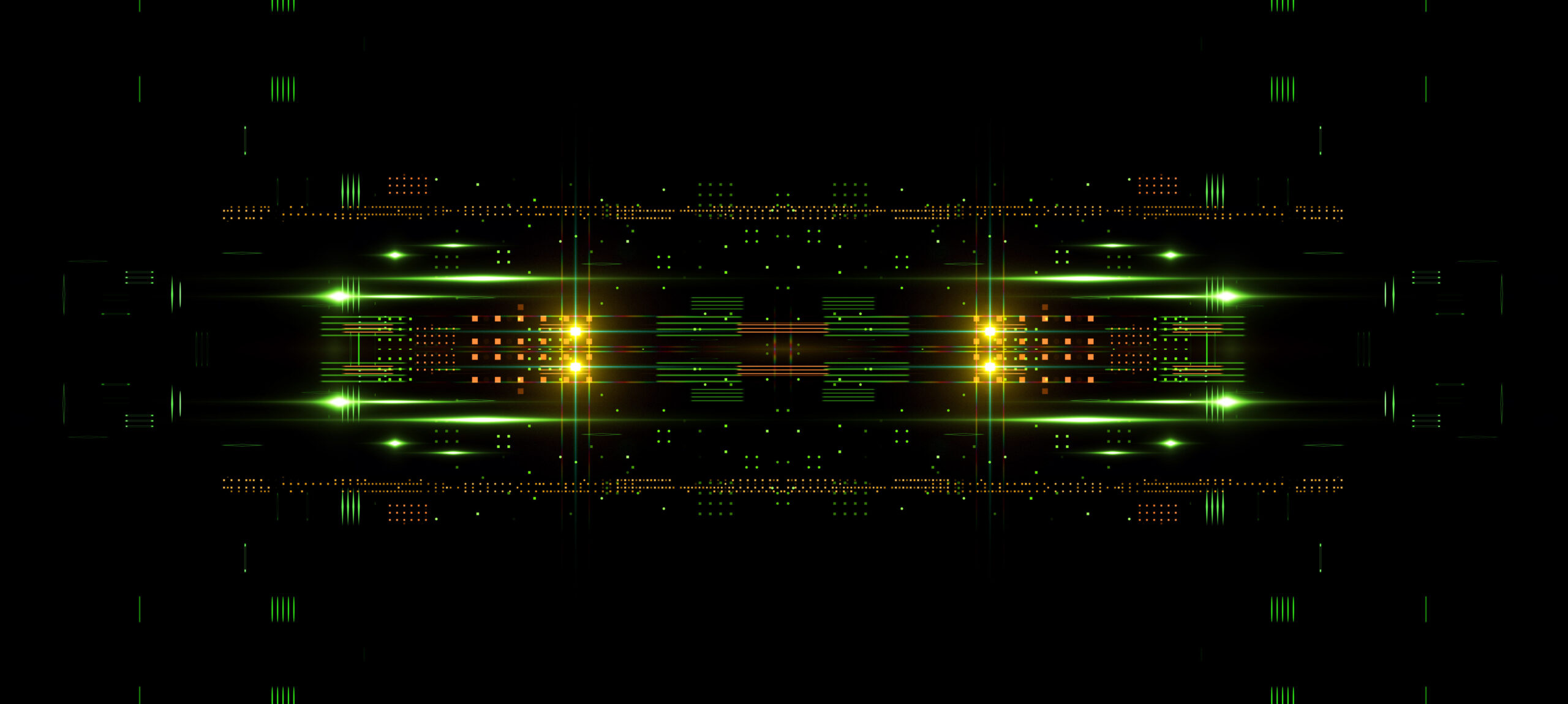A new technical paper titled “Dynamical Control of Excitons in Atomically Thin Semiconductors” was published by researchers at Harvard University, Google Research, Stanford University, UC Riverside and others.
Abstract
“Excitons in transition metal dichalcogenides (TMDs) have emerged as a promising platform for novel applications ranging from optoelectronic devices to quantum optics and solid state quantum simulators. While much progress has been made towards characterizing and controlling excitons in TMDs, manipulating their properties during the course of their lifetime – a key requirement for many optoelectronic device and information processing modalities – remains an outstanding challenge. Here we combine long-lived interlayer excitons in angle-aligned MoSe2/WSe2 heterostructures with fast electrical control to realize dynamical control schemes, in which exciton properties are not predetermined at the time of excitation but can be dynamically manipulated during their lifetime. Leveraging the out-of-plane exciton dipole moment, we use electric fields to demonstrate dynamical control over the exciton emission wavelength. Moreover, employing a patterned gate geometry, we demonstrate rapid local sample doping and toggling of the radiative decay rate through exciton-charge interactions during the exciton lifetime. Spatially mapping the exciton response reveals charge redistribution, offering a novel probe of electronic transport in twisted TMD heterostructures. Our results establish the feasibility of dynamical exciton control schemes, unlocking new directions for exciton-based information processing and optoelectronic devices, and the realization of excitonic phenomena in TMDs.”
Find the technical paper here. Published July 2024.
Eric L. Peterson, Trond I. Andersen, Giovanni Scuri, Andrew Y. Joe, Andrés M. Mier Valdivia, Xiaoling Liu, Alexander A. Zibrov, Bumho Kim, Takashi Taniguchi, Kenji Watanabe, James Hone, Valentin Walther, Hongkun Park, Philip Kim, Mikhail D. Lukin; arXiv:2407.11252v1

